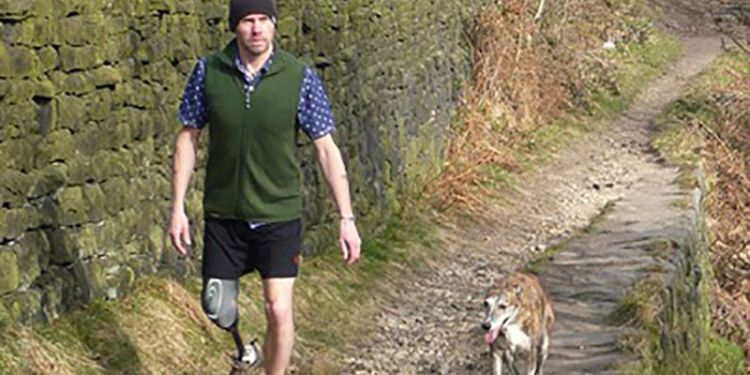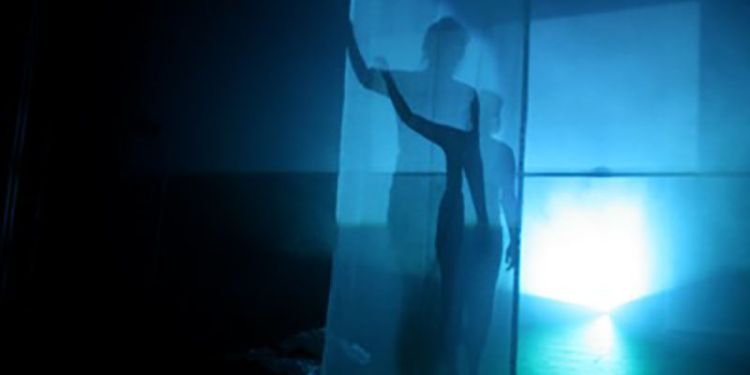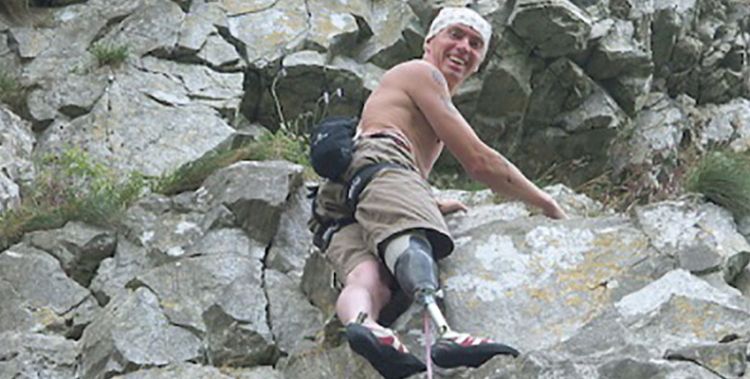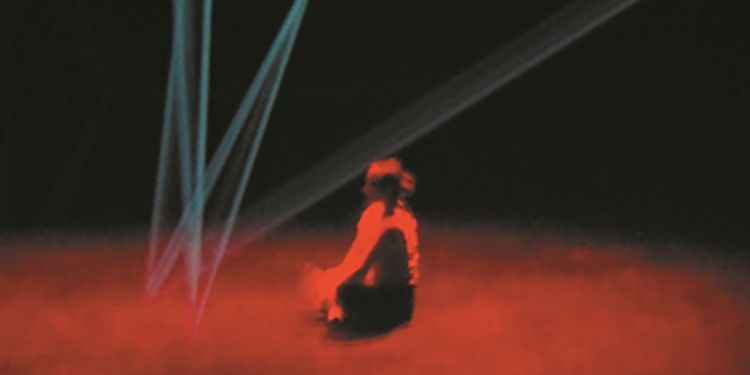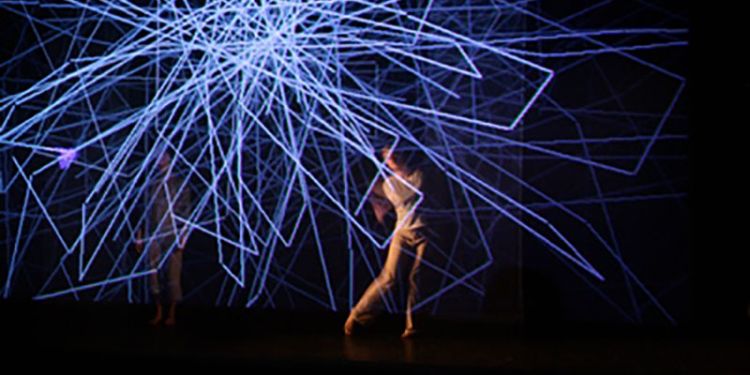Research project
Identity and Governance of Bodily Extensions: The Case of Prosthetics and Avatars
- Start date: -
- End date: -
- Funder: The Wellcome Trust
- Primary investigator: 00910192
- Co-investigators: Rory O’Connor
- External co-investigators: Shawn Harmon, Abbe Brown, Sarah Whatley
Partners and collaborators
The Wellcome Trust, Coventry University, The University of Edinburgh, The University of Aberdeen.
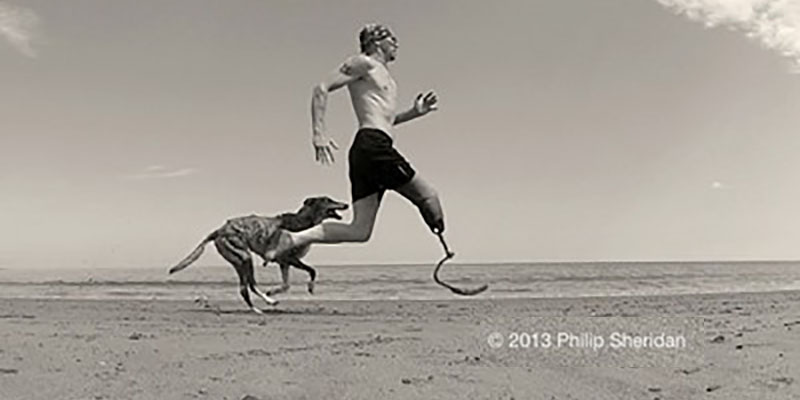
Description
Prosthetics and avatars can both be defined as forms of bodily extension – one mechanical, the other digital. Both are used widely in everyday life, yet research into their impact upon users’ lived experiences has been approached with different emphases. Medical research into prosthetic limbs has tended to focus on functionality, while research into avatar usage has been more active in embracing embodiment, social identity and interaction, legal ownership and rights. Our project investigates what we can learn about bodily extensions by examining these two different forms alongside each other.
Funded by the Wellcome Trust, this project brings together researchers from rehabilitation medicine, law, digital performance and media with people who use prosthetics or avatars regularly. We apply multiple perspectives to these types of bodily extension, considering embodied experience, social engagement, and legal rights. Our questions include:
- How do different forms of bodily extension impact on experiences of embodiment and being in the world?
- How do body image and social identity relate to the design and function of bodily extensions?
- How far are bodily extensions defined and acknowledged in medical, information technology and human rights law?
If you would like more information, please contact Sita Popat at s.popat@leeds.ac.uk


